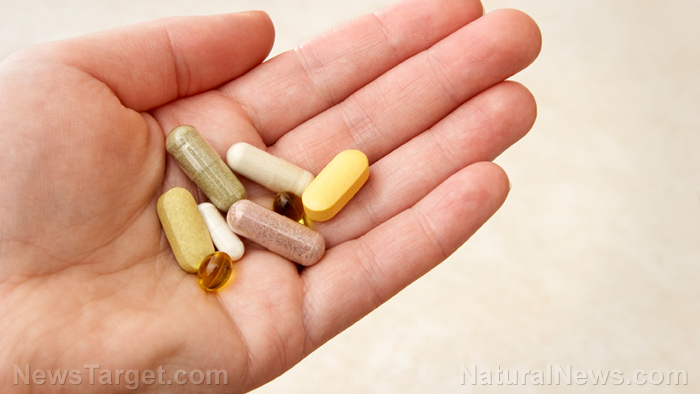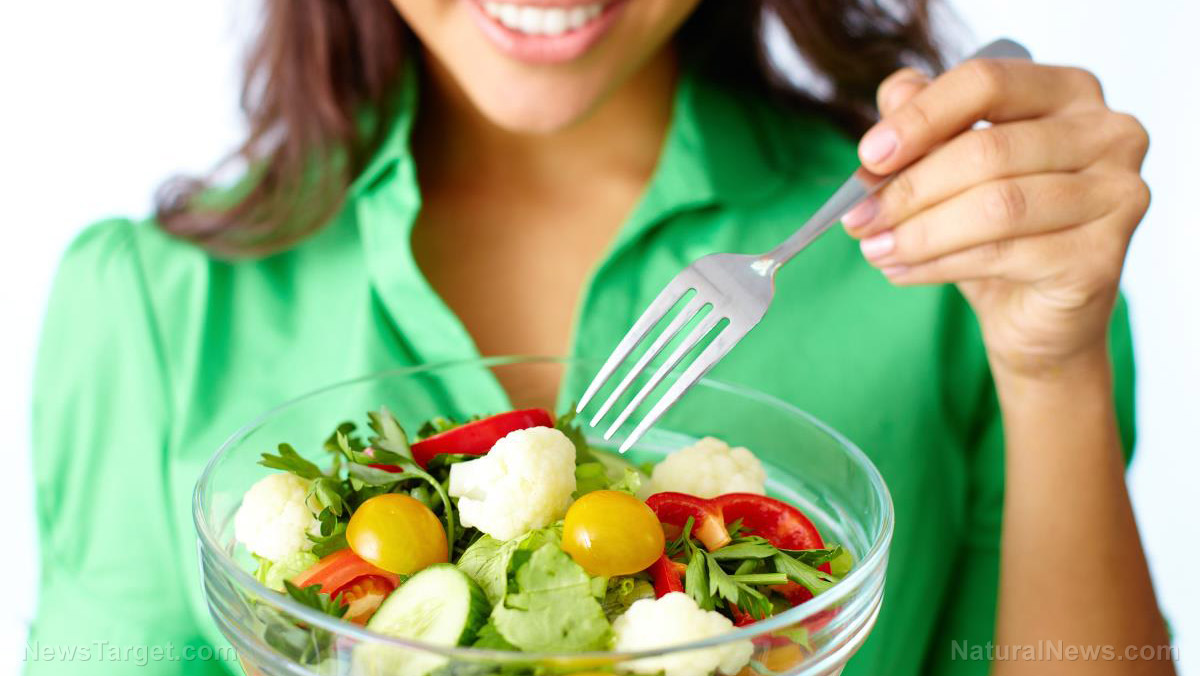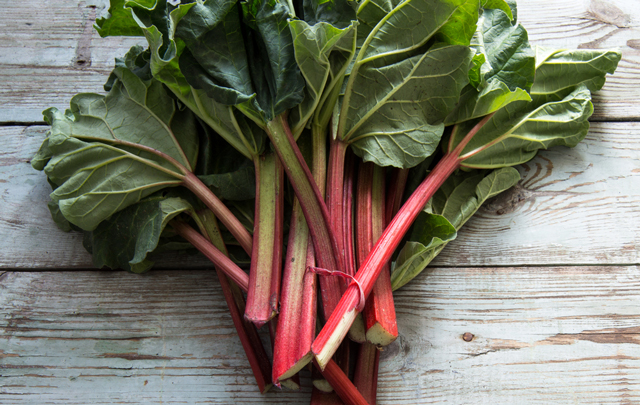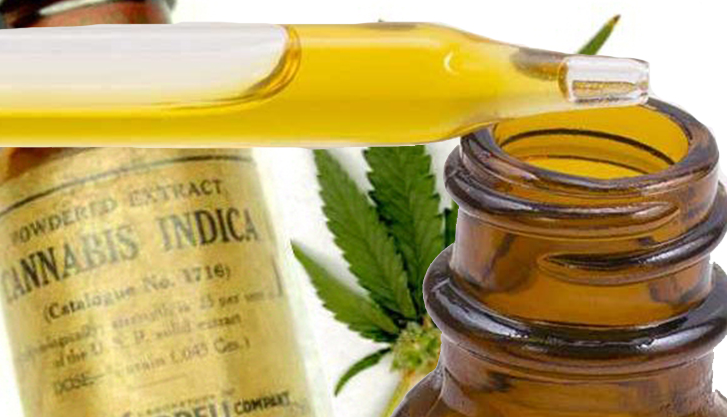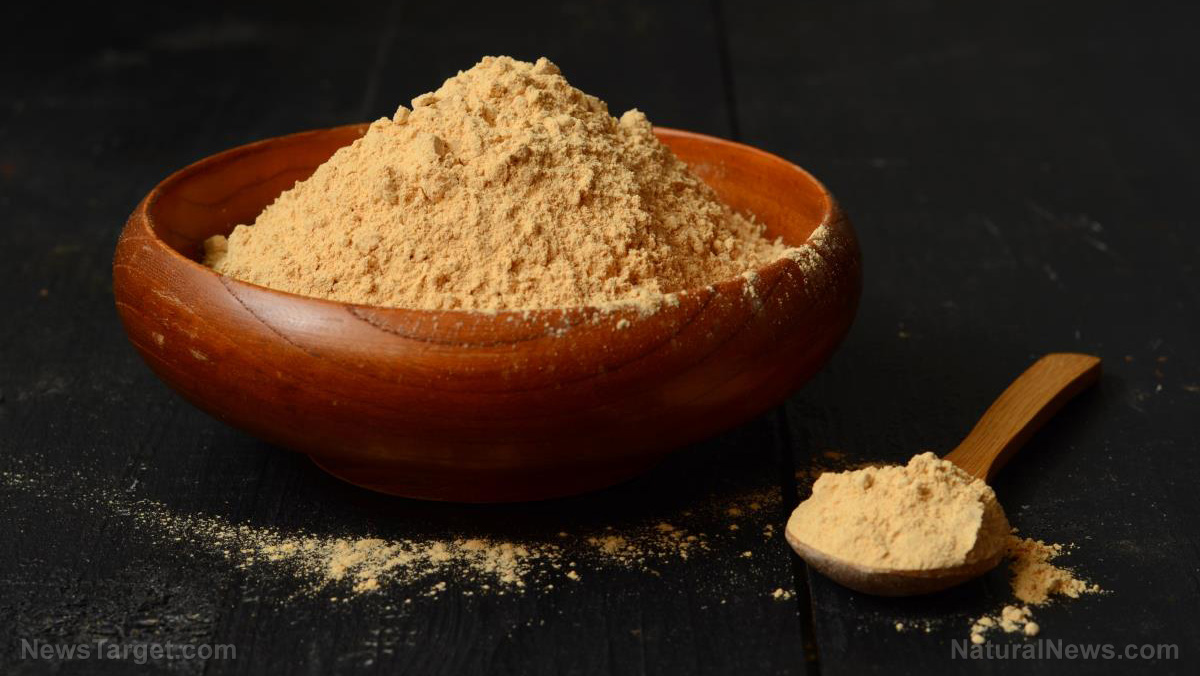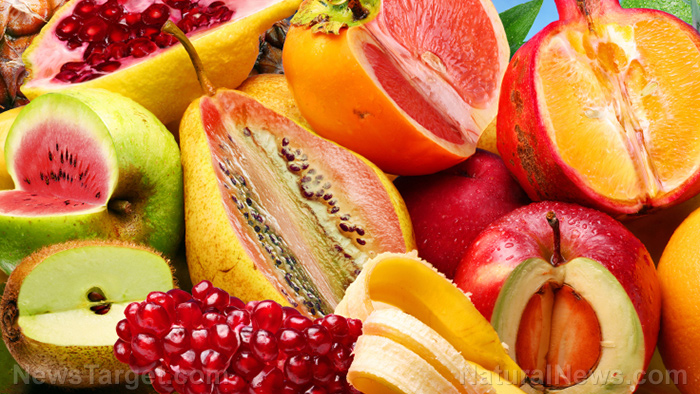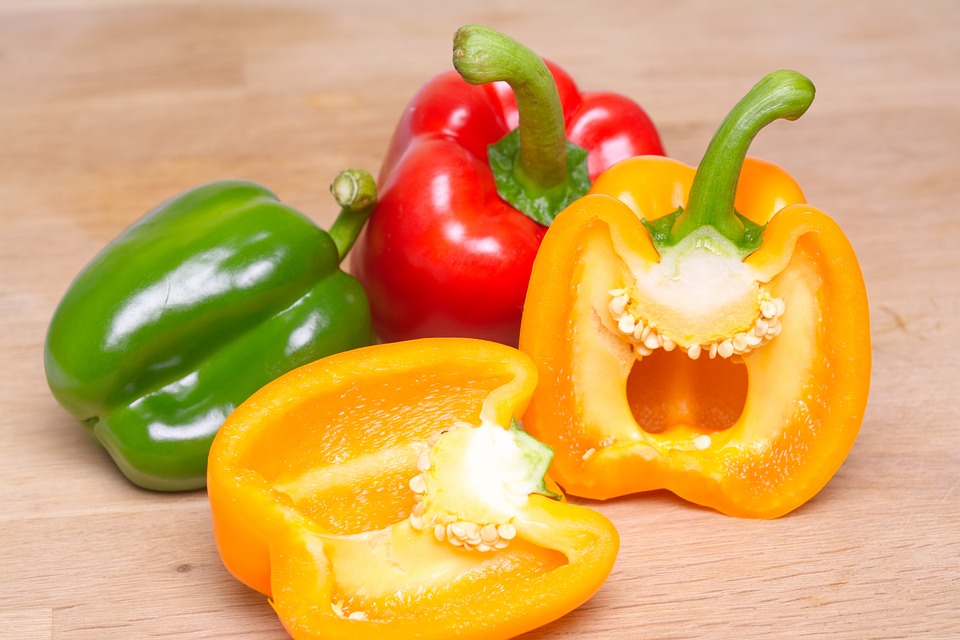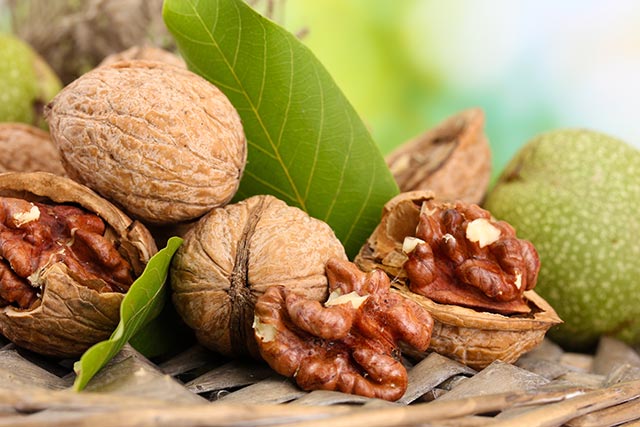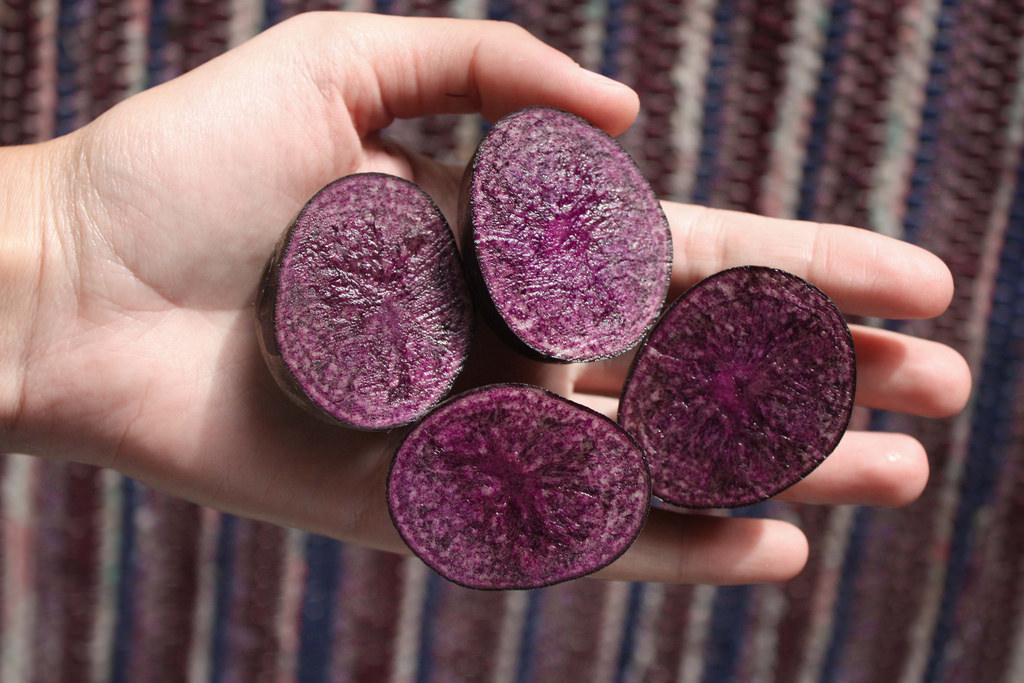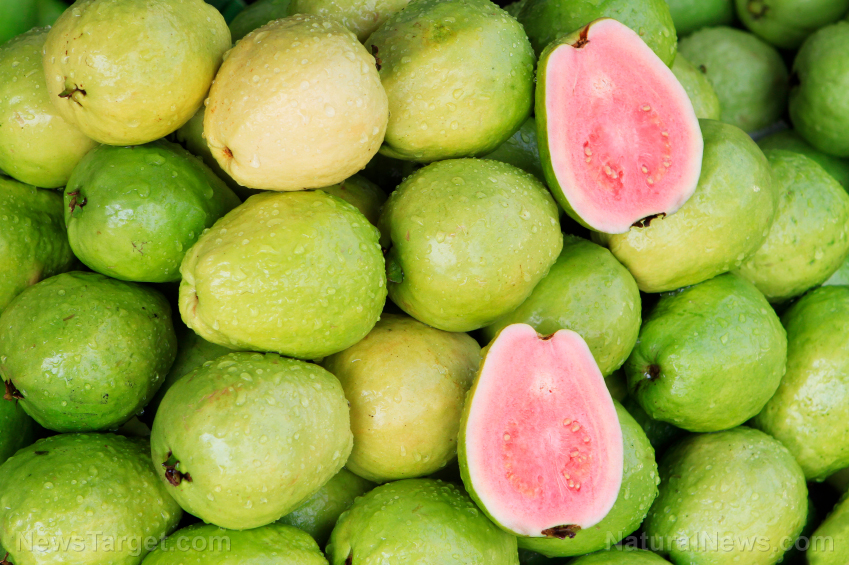Systematic review studies the potential of black seed in lowering blood pressure
02/10/2019 / By Michelle Simmons
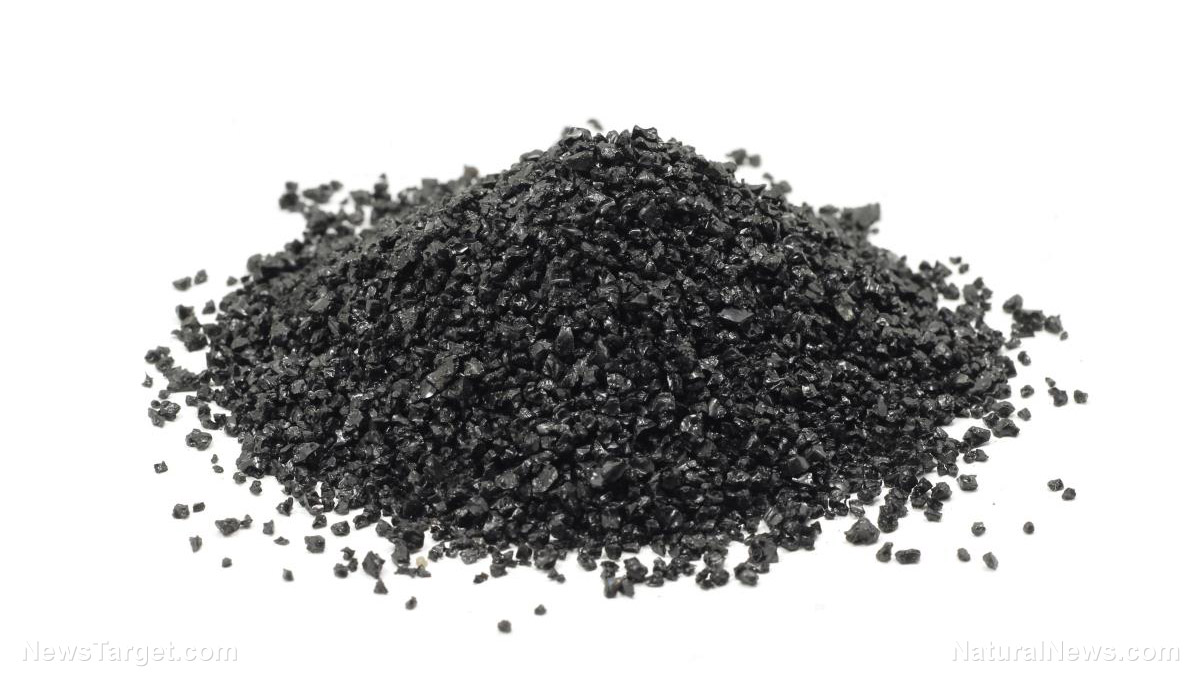
Hypertensive people should try eating black seed (Nigella sativa). A research review published in the Journal of Hypertension confirmed that black seed can significantly lower both systolic and diastolic blood pressure.
Black seed, also known as black cumin, is common throughout India, Arabia, and Europe. It is widely used in cooking and in traditional medicine. Black seed has been used as a natural remedy for different health problems, including asthma, bronchitis, inflammation, migraine, and rheumatoid arthritis. In addition, research suggests that this herb holds promise for the treatment and/or prevention of asthma and pancreatic cancer. Various studies have also reported that black seed has a beneficial effect on cardiometabolic risk factors, such as blood pressure. (Related: The therapeutic heart benefits of long-term administration of Nigella sativa (black cumin seed).)
However, the magnitude of the blood pressure-lowering effect of black seed has not yet been fully understood. Therefore, researchers aimed to measure this effect size of black seed through a systematic review and meta-analysis of randomized controlled trials (RCTs).
For the review, the researchers gathered 11 RCTs with a total of 860 healthy or hypertensive participants. Ten of these RCTs compared black seed with placebo and one compared black seed with standard treatment. They also looked at the associations between blood pressure reduction and the duration of treatment, dosage of black seed, and type of black seed.
Based on the evidence the researchers gathered, systolic blood pressure, on average, decreased 132.85 to 125.19 millimeters of mercury (mmHg) after an average treatment duration of 8.3 weeks with black seeds. Moreover, diastolic blood pressure decreased from 82.63 to 77.74 mmHg on average after an average treatment duration of 8.3 weeks with black seeds. There was a 59 percent difference in systolic blood pressure and a 60 percent difference in diastolic blood pressure between black seed and control groups.
100% organic essential oil sets now available for your home and personal care, including Rosemary, Oregano, Eucalyptus, Tea Tree, Clary Sage and more, all 100% organic and laboratory tested for safety. A multitude of uses, from stress reduction to topical first aid. See the complete listing here, and help support this news site.
In addition, the researchers found that the powdered form of black seed caused greater reductions on both systolic blood pressure and diastolic blood pressure compared to black seed oil. However, they did not see any association between systolic blood pressure reduction and time of treatment, black seed dosage or type of black seed.
With these findings, the researchers concluded that short-term treatment with black seed powder can greatly lower systolic and diastolic blood pressure levels.
Other foods that lower blood pressure
High blood pressure, also known as hypertension, is one of the leading risk factors for death and disability worldwide. Fortunately, there are ways to prevent high blood pressure. One of these is eating the right kinds of food. Research suggests that the foods you eat can help lower and control high blood pressure. Listed below are some blood pressure-lowering foods:
- Fruits: Fruits are packed with potassium, magnesium, and fiber — all of which play a role in reducing blood pressure. Some fruits you can include in your diet are bananas, berries, and pomegranates in your diet.
- Vegetables: Like fruits, vegetables are great sources of blood pressure-lowering nutrients. One of the most notable vegetables that can lower high blood pressure is beetroot. Other vegetables to try include leafy greens, such as arugula, kale, turnip greens, collard greens, spinach, beet greens, and Swiss chard. Research shows that regularly eating four to five servings of vegetables is linked to a lower risk of high blood pressure.
- Whole grains: Eating whole grain versions of your regular foods, such as whole grain pasta, rice, bread, and cereal, can also help lower your blood pressure. However, be mindful of your portion size. Eat only between one-half to one cup of whole grain rice or pasta, then load up on vegetables.
- Nuts and seeds: Nuts and seeds are rich in healthy unsaturated fats, proteins, vitamins, and minerals. They are a great snack not only for lowering blood pressure, but also for reducing cholesterol.
Read more news stories and studies on natural treatments for high blood pressure by going to ReverseHeartDisease.news.
Sources include:
Tagged Under: black cumin, black seed, blood pressure, cardiovascular disease, cardiovascular health, diastolic blood pressure, fennel seeds, heart disease, heart health, natural medicine, nigella sativa, prevention, research, systolic blood pressure



